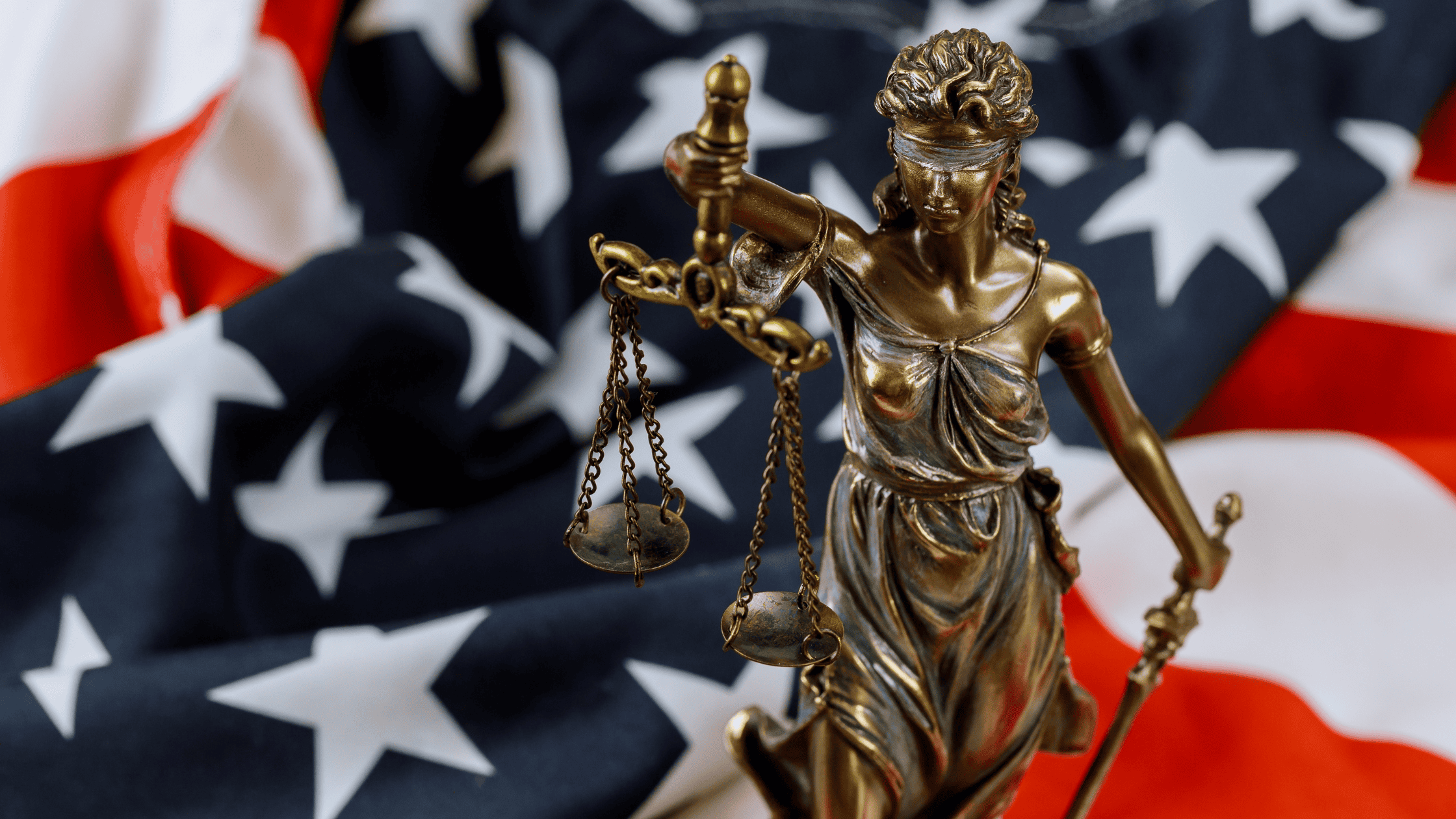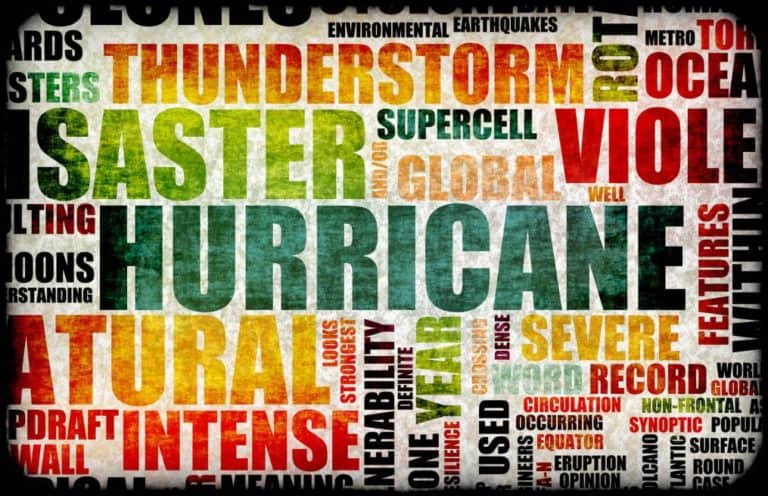Understanding the Impact of Bufkin v. Collins on Veterans’ Benefit Appeals
Veterans battling the VA for disability compensation know that the claims and appeals process is riddled with inconsistencies. But thanks to the U.S. Supreme Court’s recent ruling in Bufkin v. McDonough, the scales may have just shifted slightly in favor of the veteran.
This case could change how decisions are reviewed when you appeal a VA denial — especially when it comes to the “benefit of the doubt” rule.
If you’ve ever been told there wasn’t “enough evidence” to connect your condition to service, this case directly affects your rights on appeal.
The Backstory: Bufkin’s Fight Against the VA’s Double Standard
Eric Bufkin is a Navy veteran who sought disability compensation for serious mental health conditions linked to his military service. The VA denied his claim — like it does for so many veterans — on the grounds that there wasn’t “enough” evidence connecting his condition to service.
But here’s the problem: under federal law (38 U.S.C. § 5107(b)), the VA is legally obligated to resolve any “reasonable doubt” in favor of the veteran. This is the benefit-of-the-doubt rule, and it’s supposed to be a safety net for veterans when the evidence is murky, incomplete, or not perfectly clear.
Bufkin appealed, arguing the VA ignored this rule. But when he got to the Court of Appeals for Veterans Claims (CAVC), they dismissed his concerns and focused only on whether the VA’s denial was “plausible.” Not correct. Just plausible.
That’s where Bufkin pushed back — all the way to the Supreme Court.
What the Supreme Court Decided
In a 7-2 ruling issued in March 2025, the Supreme Court clarified that when veterans appeal to the CAVC, the court must independently review whether the VA properly applied the benefit-of-the-doubt rule, not just whether the VA’s decision was “reasonable.”
“[The appeals court] cannot simply defer to the VA’s judgment,” the ruling stated. “It must ensure that the veteran was given every consideration under the law.”
This decision means that when you appeal a denied VA claim, the appeals court has a legal obligation to fully assess how the VA weighed the evidence — especially in cases that are close calls. This changes the game for veterans appealing VA decisions that hinge on a lack of “definitive” evidence—a catch-all reason that the VA has used for decades to deny claims, especially mental health, toxic exposure, and Gulf War illness cases.
Why This Ruling Actually Matters …
If you’ve had a claim denied because the evidence was “not conclusive enough,” this ruling gives you a stronger position on appeal. The benefit-of-the-doubt rule isn’t just a vague guideline — it’s a legal standard that must be respected at all levels of review.
Let’s call it what it is: The VA has long used ambiguity and bureaucratic complexity as weapons against disabled veterans. The benefit-of-the-doubt rule was designed to level the playing field — but too often, it’s ignored.
This ruling confirms:
- You are not required to “prove” your service connection beyond all doubt.
- The VA’s internal court system must actively verify that your case was handled fairly.
- If there’s a tie in the evidence, you win. Not the government.
In a moment when trust in the VA is low and the claims backlog is once again ballooning, this ruling brings badly needed legal teeth to a principle that should have been enforced all along.
Here’s what that means practically:
- Veterans with long-standing or complex claims (especially mental health, toxic exposure, or Gulf War Illness claims) will benefit most.
- If you file an appeal and raise the “benefit of the doubt” issue, the appeals court must actively evaluate it.
- It raises the bar for VA adjudicators to provide more than just a “plausible” reason — they need clear justification for rejecting your claim.
What Veterans Should Do Now …
If you’ve recently had a claim denied — or if you’re in the middle of an appeal — consider taking the following steps:
- Don’t Accept “We Don’t Know” as a Final Answer
Under this ruling, gray-area cases must be reviewed with the veteran in mind — not dismissed because the VA isn’t sure.
- Review Your Decision Letter
Look for language about “insufficient evidence” or a lack of medical nexus. These are the types of cases most impacted.
- Appeal With Intent to Challenge the VA’s Evidence Weighing
Include references to Bufkin v. McDonough in your argument. Point out that the VA failed to give you the benefit of the doubt.
- Speak With an Accredited VA Attorney or VSO
Appeals get complicated quickly. Organizations like NVLSP or your state’s Department of Veterans Affairs can help craft your strategy.
Final Thoughts: It Shouldn’t Be This Hard
The truth is: You shouldn’t need the Supreme Court to remind the VA to treat veterans with dignity and fairness. But here we are.
Bufkin v. McDonough is a clear message: Veterans deserve the benefit of the doubt — not bureaucratic excuses.
Let this ruling be your reminder that you do not have to accept a denial as the final word. And let it be a warning to the VA: We’re watching. We’re organizing.
And now, we’ve got the law on our side.
🔗 Sources to Reference in Your Appeal:




They move bad actors around in the VA system so we know insubordinate behavior is tolerated. Veterans insulted and denied care… not even a sorry will you ever hear. They sweep it all under the rug as if that’s just pat of life. It’s a national disgrace.
🎶HEY HEY…HO HO…VHA has got to go.🎶
🎶HEY HEY….HO HO…VHA has got to go 🎶
It’s the law that they’re supposed to treat service connected conditions and implied that they are supposed to treat them appropriately to insure good outcome. If you do there and they even deny care, and hardship results, you should be able to sue easily. They’ve broken the law on purpose and you suffered as a result bottom line. That’s not a legitimate and even safe system until the federal courts make it one through action. Our government is a disgrace to the democratic world.
They’ll take a complete vegetable on a gourney up in front of Congress to pull on their heart strings and justify continuation of the dysfunctional jobs program that in the Veterans Healthcare Administration.
Folks, you gotta leave the VA if you expect change. Get the “I’m gonna claim what I earned” out of your head. They will only continue to do the things they shouldn’t be doing if you add fuel to their fire. The fuel is you!!! And you’ll only validate their behavior and they’ll use your continued presence as an excuse and defense. Contact an attorney and disappear. That’s the only way to even have a chance to have your issues addressed.
You could have degenerative disk disease and cervical spine herniations.. and they’ll just hand you pills…non narcotic now mind you… untill the disk in your neck totally disintegrates. In between now and then, your mental health would deteriorate, you would loose balance, and that kind of thing messes with your breathing and heart. Meanwhile they’ll see you for mental health and not say a word about your untreated spinal problems. They’ll insist that’s a separate issue and even go as far as to blame you for not going somewhere else and getting it done. Accuse you of being entitled a whiney as your life falls apart. All of that is fraud and abuse especially seeing as they get hundreds of billions a year. It’s malpractice as well.
Nothing changes and the failures continue https://www.ksat.com/news/local/2025/04/16/dismantle-the-system-father-of-us-navy-veteran-who-died-by-suicide-calls-for-mental-health-reform/
They can’t be sued or fired. That’s the attitude of even lower level employees. The federal courts are a derelict political structure basically. On top of that, it costs hundreds of billions to become president and millions to successfully sue the government. So the average citizen has been priced out of justice and democracy. If I had children, I’d send them to Europe. Get them out of this corrupt joke.
They write people of as personality disordered and uphold their right not to treat certain people once THEY have determined that. The veteran shit they feel is just meaningless political rhetoric. And to top it all off, they extended into more remote areas yet no plan in place or means to admit people into facilities if they need. It’s a dangerous wreck of a shit show and nobody pays a price for the failure… only veterans.
Wishful thinking this will make a significant difference. VA employees are untouchable. There is no legal recourse for your average veteran.
That’s too bad they’re still building clinics and the federal government continues to put it’s nasty paws in local communities and create super citizens with unlimited legal resources and immunity. The federal courts need to put a lid on that. It’s already out of hand.
Hand out the insurance cards and focus all the political stuff on those who deny care. As it sits, anyone along what seems to be an infinite chain of people can deny care. Also, veterans are forced to see people they don’t want to or go without. This won’t change.. and only the most unfortunate veterans will be forced to go to VA for care. This only reinforces substandard care.
Veterans Healthcare Administration… good example of class warfare instigated by government. Usually they make a mess just so they can have something to clean up or do… but the lazy ass federal courts want to do even less than the VA employees…so only pointless mess is made. People feeding off of people’s stupidity really. You’re stupid if you keep going there thinking that’s anything but putting food on someone else’s table. Trump loves the poorly educated and so do VA employees.
The more cases won that involve benefits, the less they’ll be motivated to provide actual healthcare. Already they discriminate against people with high disability percentages at the Veterans Healthcare Administration. The notion that “a certain veteran is getting too much” coupled with them thinking that they’re providing actual full coverage healthcare creates problems. Of course it’s not full coverage healthcare and denial of care is common… not to mention that an ape could hand out pills and communicate with people. So overvalue the institution they work for to the point of delusion while viewing you in a negative light for benefiting from laws passed by Congress. Poor attitude and culture at VA which you’re supposed to ignore.